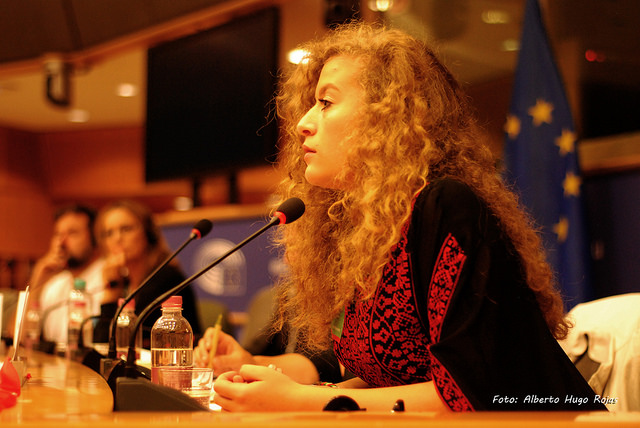 Access to information either as a journalist, or as a citizen through the products of journalism, lies in the crossfire of what Michael Schudson calls ‘the rise of the right to know’ and the stark reality of increasing attacks and threats to those doing journalism across the globe.
Access to information either as a journalist, or as a citizen through the products of journalism, lies in the crossfire of what Michael Schudson calls ‘the rise of the right to know’ and the stark reality of increasing attacks and threats to those doing journalism across the globe.
UNESCO’s Research Conference on the Safety of Journalists in connection with World Press Freedom Day in Helsinki stresses the public value in journalistic oversight and scrutiny and in public inquiry and criticism through its emphasis on press freedom and greater safety for journalists. This is not just because freedom of expression, guaranteed by Article 19 of the Universal Declaration of Human Rights, is a universal individual right and that no one should be killed for exercising it. Nor just because freedom of expression is also a collective right to information to enable citizens to become informed about the society in which they live. While these aspects of freedom of expression would be enough to justify the study of journalists’ safety on their own, rising threats to the idea of free and independent journalism itself, as well as the actual safety of those who do journalism, have started to bring together and build an academic community of inquiry.
Such a community recognises the idea that an environment in which free and independent journalism can safely proceed is a necessary precondition to expose injustice, corruption and other non-civil processes through a protection of testimony and witnessing and that this state of affairs is essential if journalism is to take a more independent and less deferential stance towards power. Such a recognition of course brings its own challenges and entails that those doing journalism and those consuming journalism encounter and engage with a pluralistic news environment where divergent, disquieting views, opinions and sentiments are not simply ignored or hidden away in democratic contexts, but are vital to allow a range of sentiments to be safely voiced and debated.
An environment in which free and independent journalism can safely proceed is a necessary precondition to expose injustice
Journalism’s role in these debates or disagreements is central, and the extent to which the news ‘reflects’ civil society in all its antagonisms is at the heart of what I refer to as the ‘civil power of the news’. The fact that those doing journalism are not safe to undertake this role in different parts of the world is already starkly illustrated through the monitoring and reporting of the attacks against them by numerous agencies. The increasing pressure that is being placed upon political regimes to answer for their actions is an excellent step forward, as are the growing numbers of initiatives that focus on the urgent resolution of current problems facing journalists in specific national and organizational settings.
At the Helsinki conference there is further opportunity collectively to increase our knowledge and understanding of the consequences of diminishing levels of journalism safety in other ways, through academic research and collaboration that are concerned with a long-term understanding of the functions, causes and consequences of safety for the ideals of journalism and for those doing journalism within multiple settings and organizational environments.
Academic research is critical to the political, economic, social, civil and cultural development of societies
A collaborative approach that encapsulates rigorous, precise, thorough and organized investigations would undoubtedly produce new and valuable long-term findings. It would also raise a raft of new questions and problems relevant to numerous stakeholders beyond academia, allowing new partnerships and research agendas to develop and flourish. Some stakeholders might view existing knowledge about journalism safety as an indication that we’ve pretty much covered all that needs to be discovered and that the focus must be on how we work together to solve, or at least monitor, our contemporary problems. However, academic research is critical to the political, economic, social, civil and cultural development of societies in order to contribute to global knowledge; produce new ideas, new methods, new techniques and innovations across a whole range of areas; and to raise public knowledge and engagement. If a community of experts from a variety of disciplines are willing to evaluate and develop a new knowledge coalition around the issue of the safety of the ideals of journalism and the safety of those who do journalism, and to contribute to a global debate about its growing importance, who knows – things might just start to tip in favour of ‘the right to know’.
Three CFOM members will participate to the upcoming Helsinki research conference for World Press Freedom Day.


